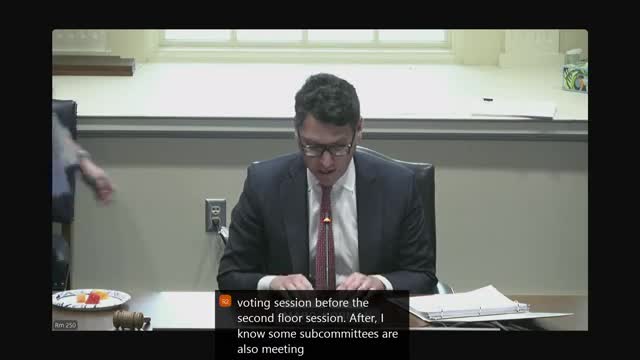Article not found
This article is no longer available. But don't worry—we've gathered other articles that discuss the same topic.

Bill would clarify appeals path for local historic preservation commission decisions, sponsor says
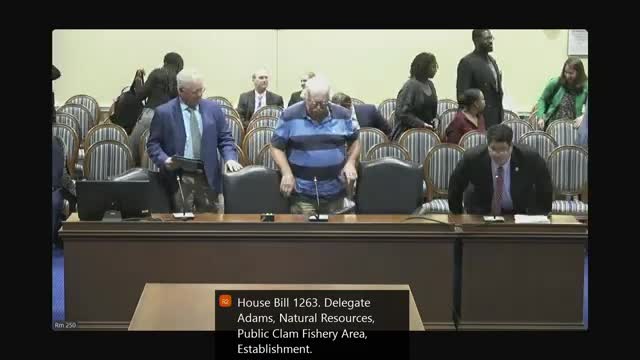
Eastern Shore watermen press bill to designate public clam fishery areas and protect bait grounds from leasing
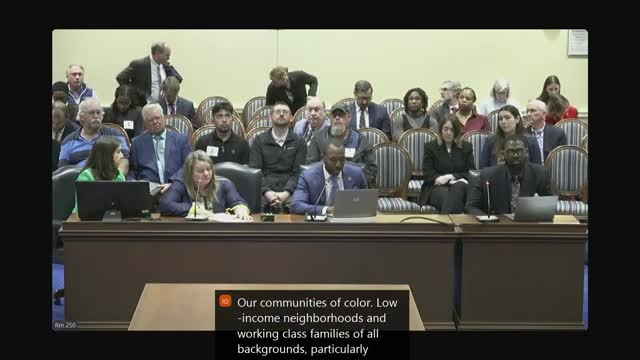
Environmental justice bill would require cumulative-burden review and public participation before permits in overburdened areas
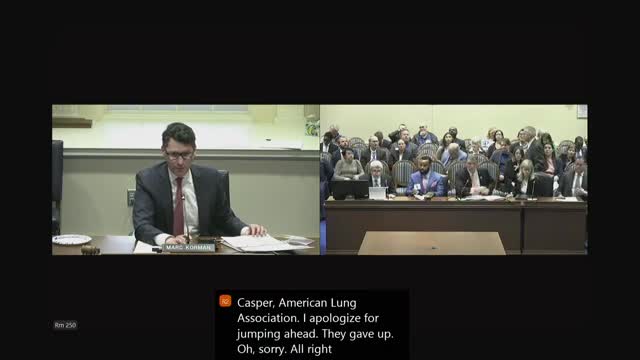
Delegate Chisholm pitches Climate Solutions Affordability Act as a 'soft landing' for energy mandates; voiced concerns about rising bills and reliability
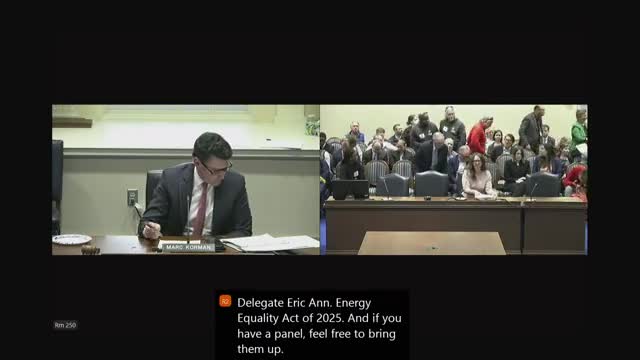
Sponsor seeks statewide ban on energy'source bans for consumer products in pushback to clean car/truck rules
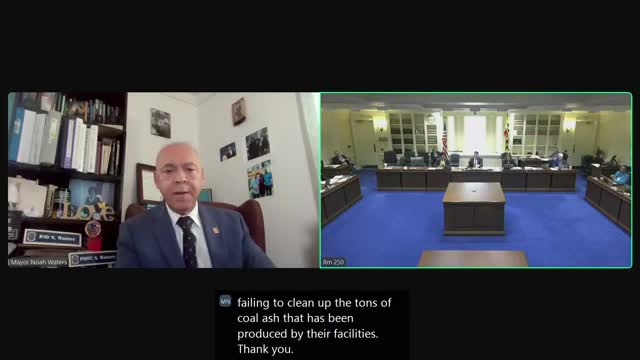
Committee hears bill proposing $13/ton coal transport fee to fund coal dust clean-up, asthma treatment
